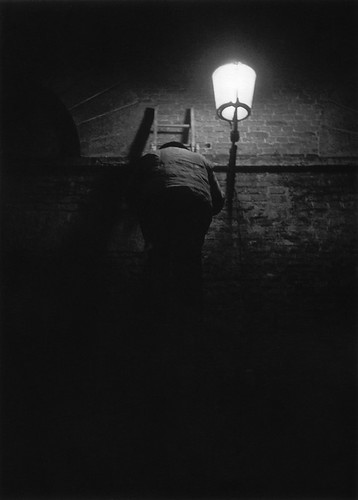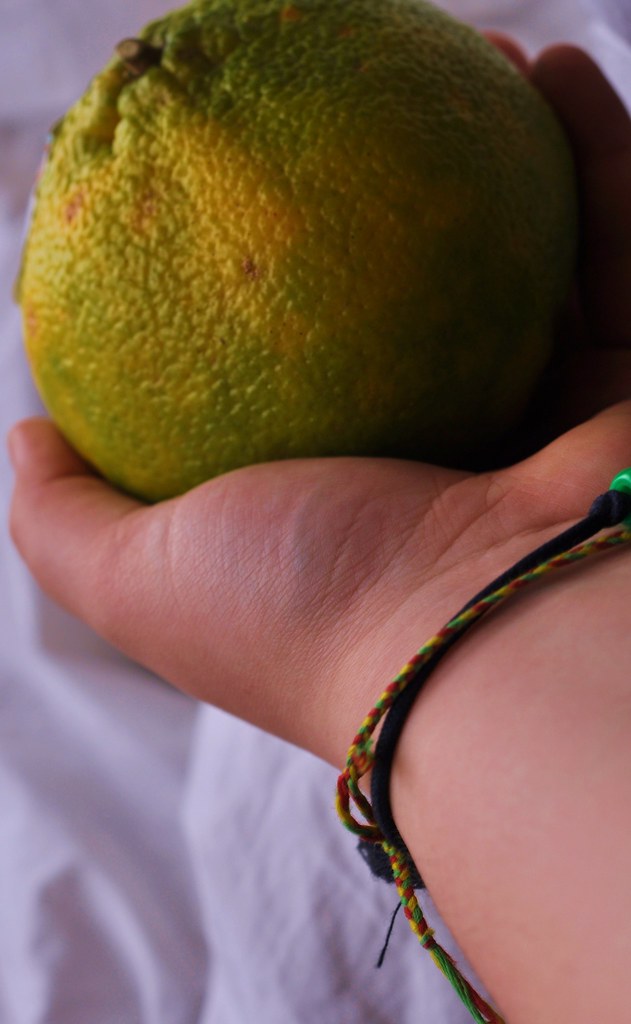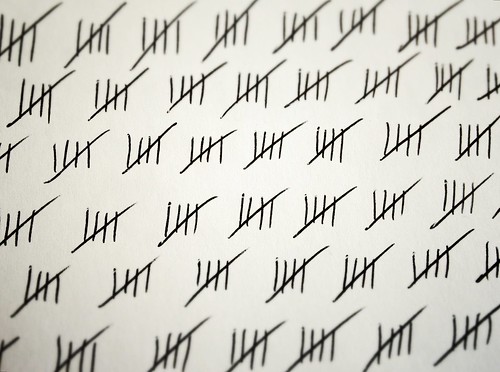by Nikki Boss
“When you come back, I will be here like this.”
“What does that mean?”
“Nothing to you but everything to me.”
“Sarah.” I love how he says my name, Say-ruh.
“Come here.” I pull him to me, my hands cupping the back of his neck. He pulls away.

“I have to go.”
“You could stay if you wanted to.”
“I can do anything I want.”
“Except stay with me.” And there it is. It does not matter what I want or what he wants; there will always be this.
He scans the room for his clothes.
“In the bathroom,” I tell him. He goes to fetch them and I use the moment to light a cigarette. Inhale deeply and let the smoke unfurl from my mouth.
“Say-ruh.”
I ignore him.
“Say-ruh.” I will not go to him.
“James.” I state his name rather than reply. Take another drag and let it poison me.
“You can lie in that bed all day and it does nothing.”
I spit back. “I can do whatever I want.”
The door slams. He is leaving me again.

Nikki Boss lives in New England with her husband, children, and too many animals. She is currently a MFA candidate at Vermont College of Fine Arts and teaches middle school English.



 Alison McBain lives in Connecticut with her husband and three daughters. She has over thirty publications, including stories and poems in Flash Fiction Online, Abyss & Apex, and the anthology Frozen Fairy Tales. You can read her blog at
Alison McBain lives in Connecticut with her husband and three daughters. She has over thirty publications, including stories and poems in Flash Fiction Online, Abyss & Apex, and the anthology Frozen Fairy Tales. You can read her blog at 


 Vajra Chandrasekera is from Colombo, Sri Lanka. If you liked this, you should also try his stories in
Vajra Chandrasekera is from Colombo, Sri Lanka. If you liked this, you should also try his stories in 
 Jinapher J. Hoffman is the Founder and Writer for
Jinapher J. Hoffman is the Founder and Writer for 
 Natalia Theodoridou is a UK-based media & cultural studies scholar and a writer of strange stories. Her fiction has appeared in KROnline, Clarkesworld, Interfictions, Litro, and elsewhere. Her website is
Natalia Theodoridou is a UK-based media & cultural studies scholar and a writer of strange stories. Her fiction has appeared in KROnline, Clarkesworld, Interfictions, Litro, and elsewhere. Her website is 
